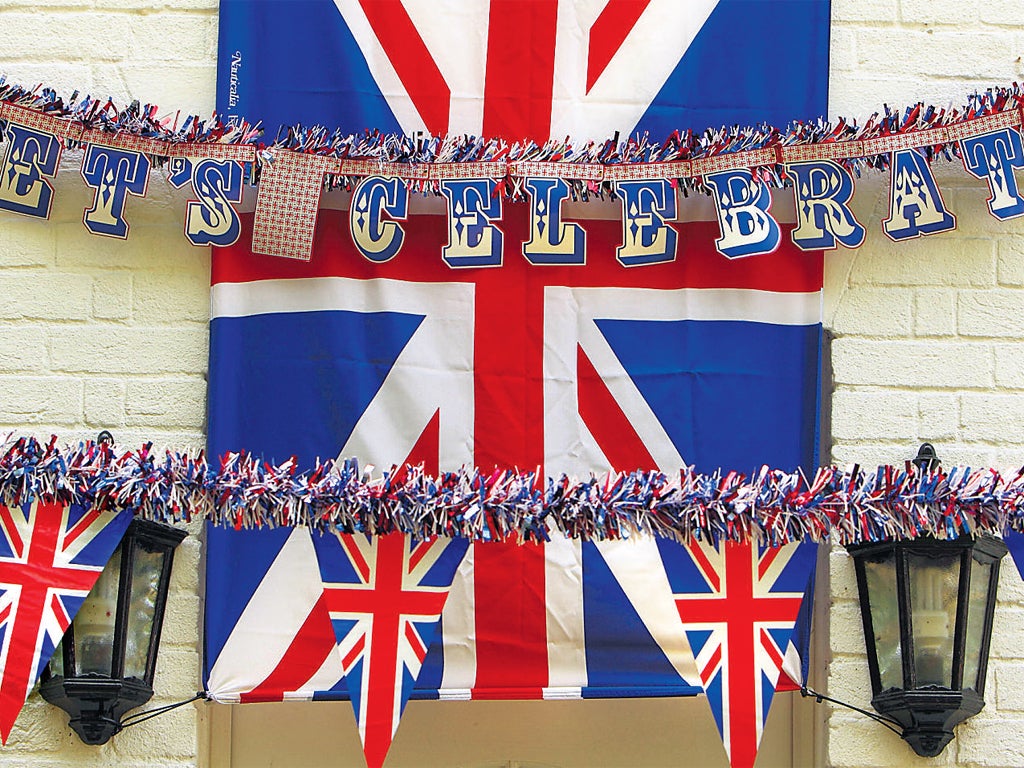Picking today's royal investments
With the Diamond Jubilee upon us, Emma Dunkley and Julian Knight look at what has done well since the coronation, as a guide to current options

Sixty years is a very long time when it comes to savings and investment, but with life expectancy pushing 90 financial planning for the very long term is becoming a must. But what assets from your home, cash and pensions have done well in the past and which should you be looking towards to protect your future?
Property
For many Britons a home is their main and sometimes only investment and looking at the track record you can see why. HSBC has worked out that the average UK house price is 86 times what it was in 1952, £162,722 compared with £1,891. The entire housing stock of the UK is worth just over £3tn, with mortgage debt, despite being historically high, only accounting for around a third of this.
And with a growing population, net immigration and far more households being formed than homes built, supply and demand suggests long-term price rises: "All the long-term indicators militate to prices going upwards and I can see home ownership itself becoming rarer and more expensive," says Chris Down from property investment specialist Heartstone.
But you shouldn't see your main residence as strictly an investment, Mr Down adds: "Where are you going to live? Downsizing doesn't always work for everyone. Instead, I see buy-to-let investors and those who put money into residential property funds as the main beneficiaries of the price uplift in the years to come."
Savings accounts
One hundred pounds in a cash savings account 60 years ago would now be worth £2,569.61. Patrick Connolly of advisers AWD Chase de Vere says those with savings accounts know that the value of their money cannot fall and by investing in a cash ISA, all interest will be tax free.
"However, there is a very limited potential for their money to grow. Interest rates are at historic lows and many people will pay income tax on their cash savings, which will put a big dent in their overall returns," says Mr Connolly. "Over the longer term, and especially over a period of 60 years, it is extremely unlikely that cash savings accounts will provide you with the best returns."
UK GILts
According to the Barclays Equity Gilt Study, £100 invested in 1952 would have now returned £8,340 after inflation. Anthony Doyle at M&G says the average annual real return of a gilt portfolio bought in 1962 and held until the end of 2011 has been 3.1 per cent, while the average annual real return on cash over that time period has been 1.6 per cent.
"There are a number of benefits to holding gilts," says Mr Doyle. "First, gilts are issued by the UK government, which is seen as a safe haven." But, he adds: "For gilts the biggest risk factor is the uncertainty of future inflation outcomes." In addition, yields at present are at historic lows.
Gold
If you invested £100 in gold in 1952, it would now be worth £6,482. Nicholas Brooks from ETF Securities says over the past 60 years, gold has been considered a safe haven against political issues and currencies falling in value.
Get a free fractional share worth up to £100.
Capital at risk.
Terms and conditions apply.
ADVERTISEMENT
Get a free fractional share worth up to £100.
Capital at risk.
Terms and conditions apply.
ADVERTISEMENT
Gold has tended to perform best during times of low interest rates and when currencies are debasing, just like now. But it's worth bearing in mind that the gold price can tank. It tends to work as a hedge against troubled times rather than a core investment to bet your financial future on.
Investment funds and shares
If you invested £100 in the Foreign & Colonial investment trust it would be worth £36,084 today, a higher return than property. "The best benefit of funds over the long term is the power of compound dividend income. It's the eighth wonder of the world," says Peter Fitzgerald at Aviva Investors. "Over the long term, the reinvestment of income can be responsible for two-thirds or three-quarters of returns."
Individual company shares can enjoy an even more beneficial combination of capital growth and dividend income.
Pensions
In 1952, the basic state pension was £1 and 12 shillings a week. Now the state pension is £107.45 a week. Personal pensions invest in assets such as shares, gilts and property funds. In addition contributions are made from pre-tax income: "It makes sense to invest in a pension in order to take advantage of the tax breaks. For employees, they are also likely to benefit from employer contributions. It is very hard for any other investment to beat these substantial advantages you get from investing in a pension," says Tom McPhail, the head of pensions at Hargreaves Lansdown.
But pensions have also been hit with bad publicity over high fees and underperformance: "You have to commit to them. If you subsequently need your money in a hurry then you have a problem. Many people find them complicated and don't like annuities," he adds.
Join our commenting forum
Join thought-provoking conversations, follow other Independent readers and see their replies
Comments
Bookmark popover
Removed from bookmarks